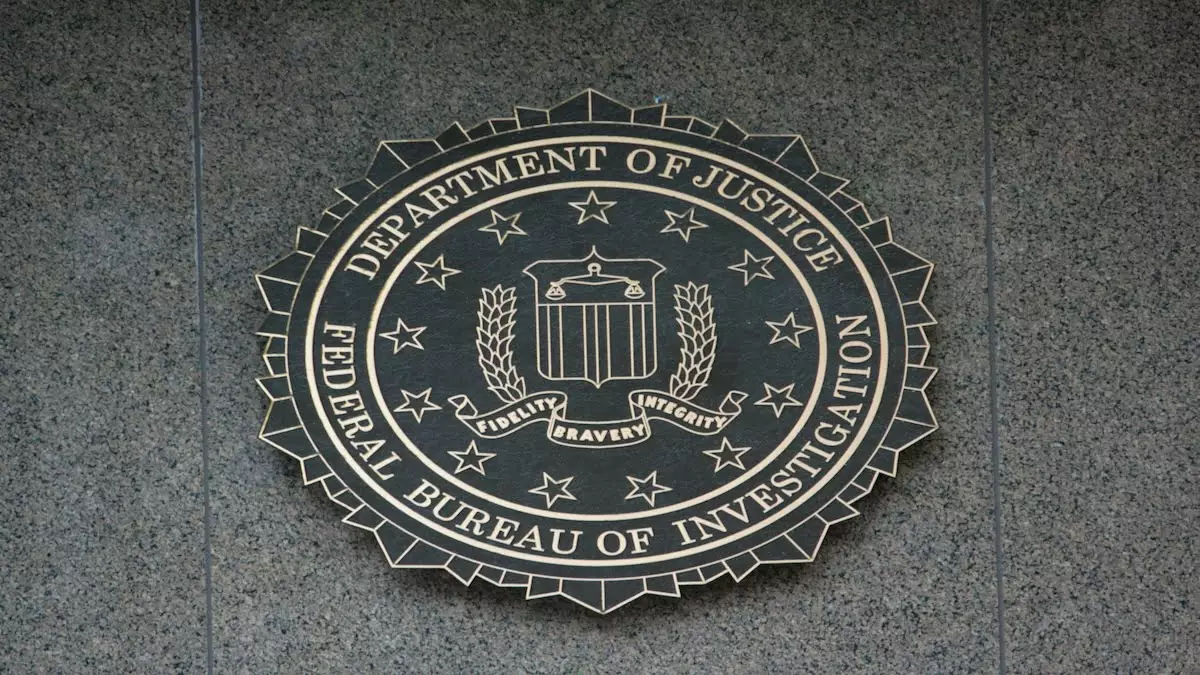The Federal Bureau of Investigation has taken a bold step in utilizing Non-Fungible Tokens (NFTs) to return $1.14 million to victims of the CluCoin fraud. This unprecedented move marks the first time that law enforcement agencies have employed NFTs to provide restitution to victims of fraud.
By leveraging NFTs, the FBI aims to revolutionize the way victims of cybercrimes are contacted and compensated. These unique digital assets will contain essential recovery information, ensuring that only legitimate victims are directed to the restitution process. This innovative approach not only streamlines the compensation process but also minimizes the risk of further fraudulent activities.
The successful use of NFTs in the CluCoin fraud case could signal a new era in law enforcement practices. As NFT technology continues to evolve, it may become a standard tool for various legal and governmental purposes. Imagine a future where NFTs are used to verify identities, communicate restitution claims, and manage legal documents securely. The FBI’s pioneering efforts may pave the way for broader adoption of NFTs in civil and criminal cases.
The increasing use of NFTs in law enforcement has raised concerns about the lack of standardized regulations governing these digital assets. With each jurisdiction having its own rules, the need for a cohesive regulatory framework has become more pressing. Collaboration between government institutions and blockchain platforms may be necessary to establish policies that protect victims of financial crimes and their digital assets.
The CluCoin fraud case serves as a prime example of the innovative use of NFTs in modern law enforcement. By recovering stolen funds from CluCoin investors using NFTs, the FBI has showcased the potential of this technology in combating financial crimes in the digital realm. As NFTs mature, they may become a cornerstone of digital law enforcement practices, revolutionizing how law enforcement agencies tackle financial fraud.
The FBI’s decision to utilize NFTs in the CluCoin fraud case represents a significant milestone in the integration of blockchain technology in law enforcement. This groundbreaking use of NFTs highlights the potential for these digital assets to enhance transparency, accountability, and efficiency in legal proceedings. As NFTs continue to evolve, their role in law enforcement is likely to expand, shaping the future of digital policing in the crypto world.
















Leave a Reply